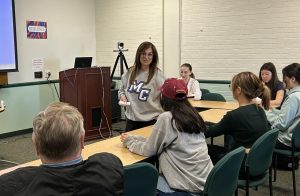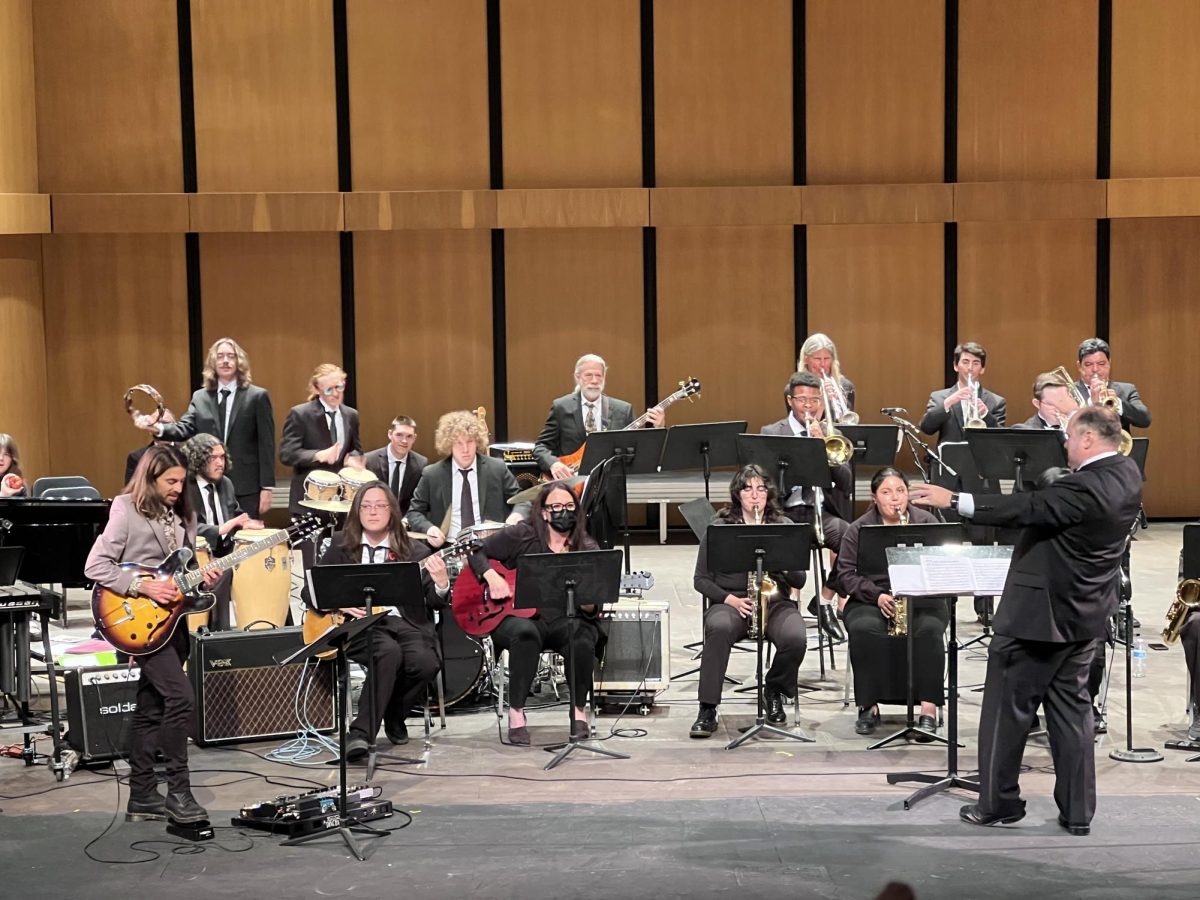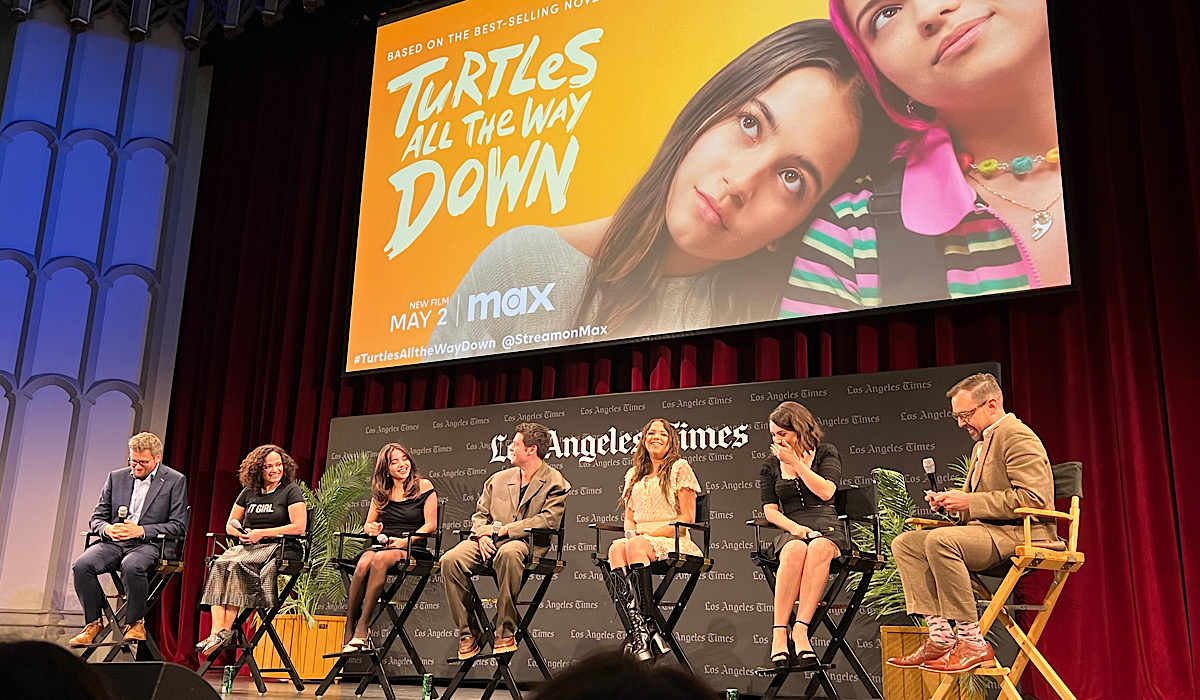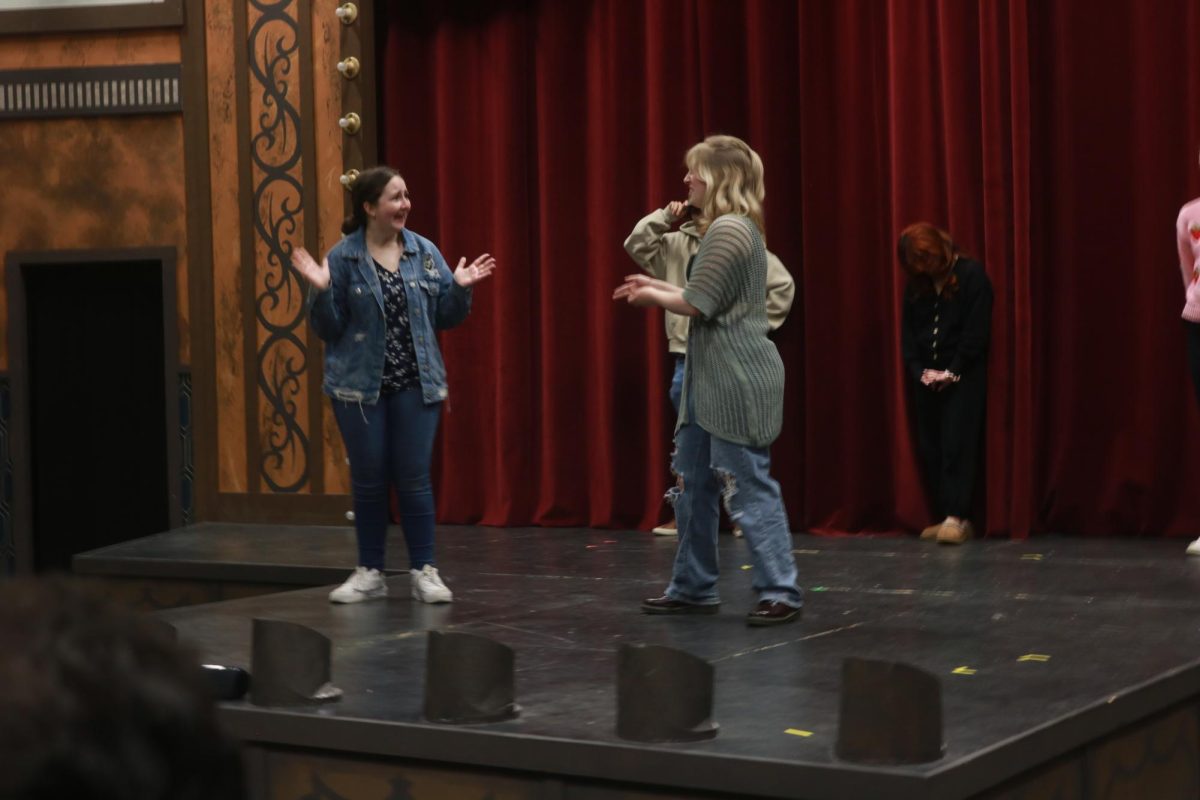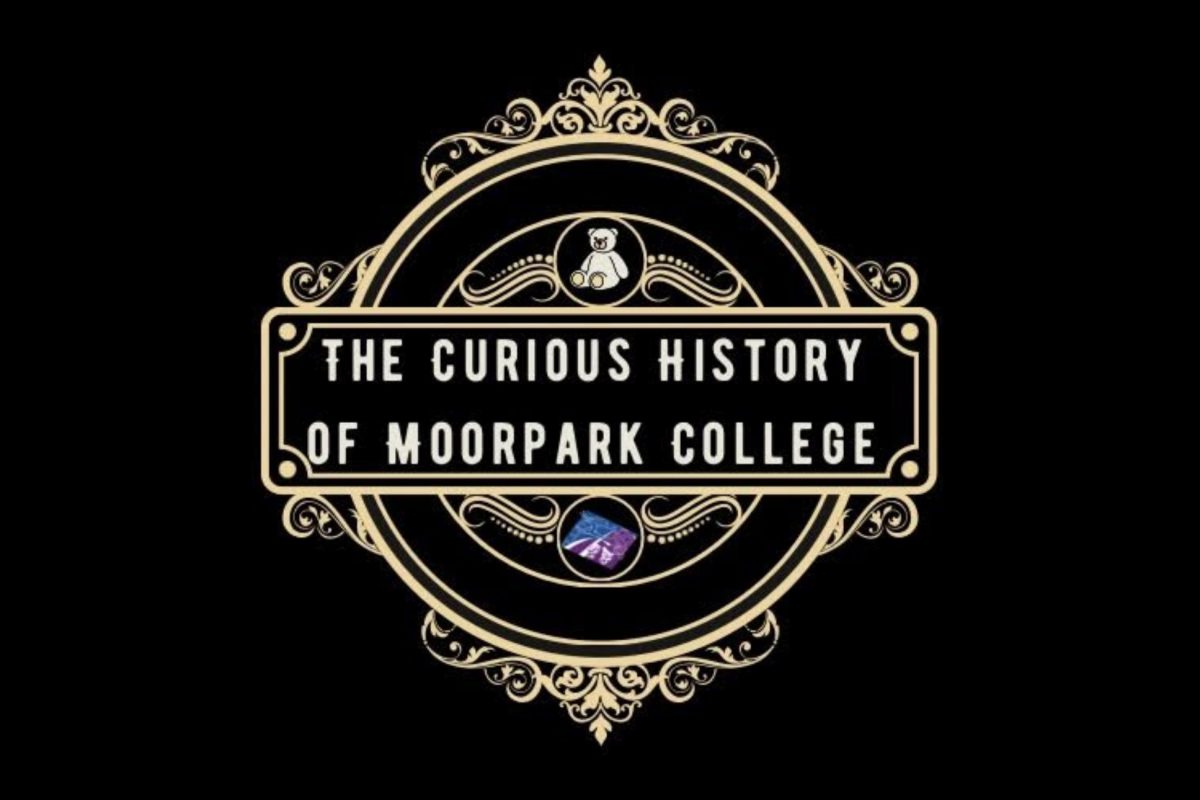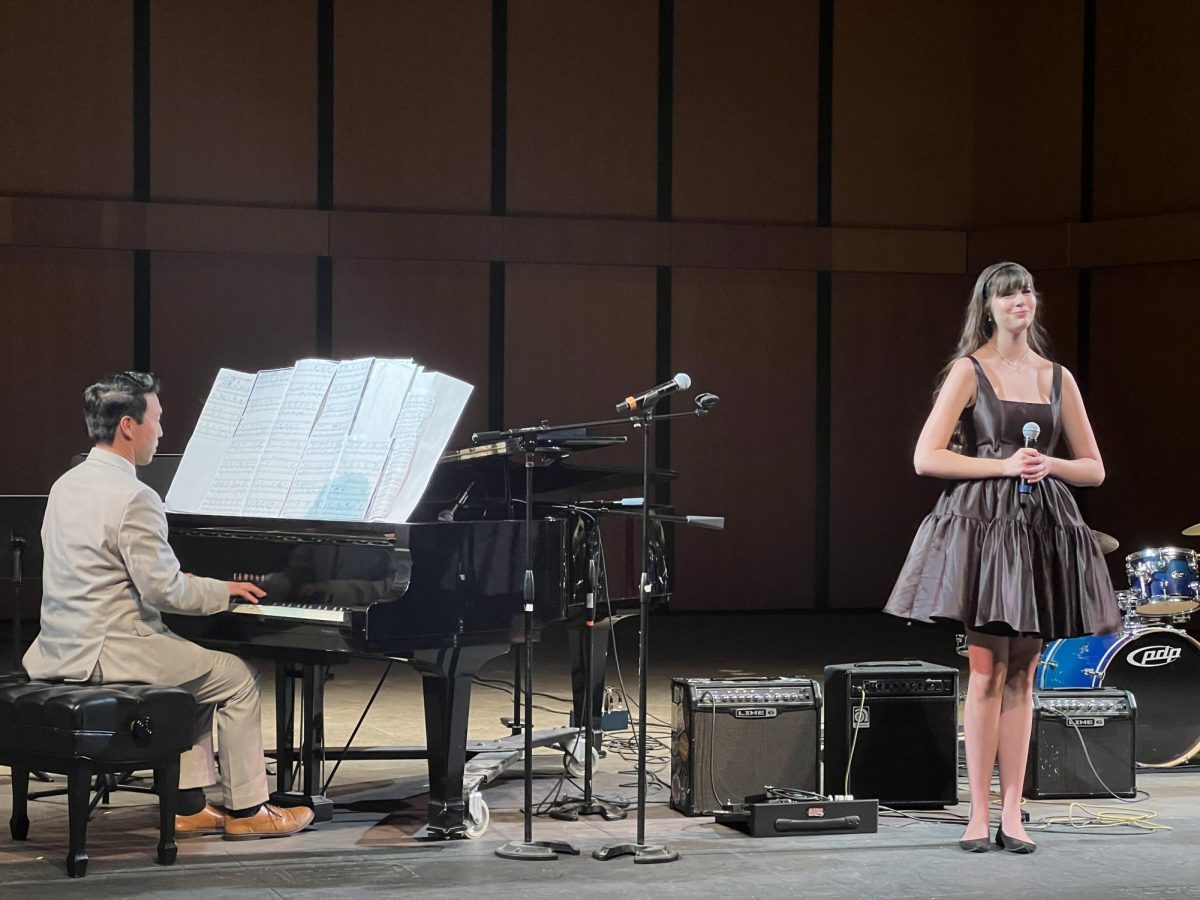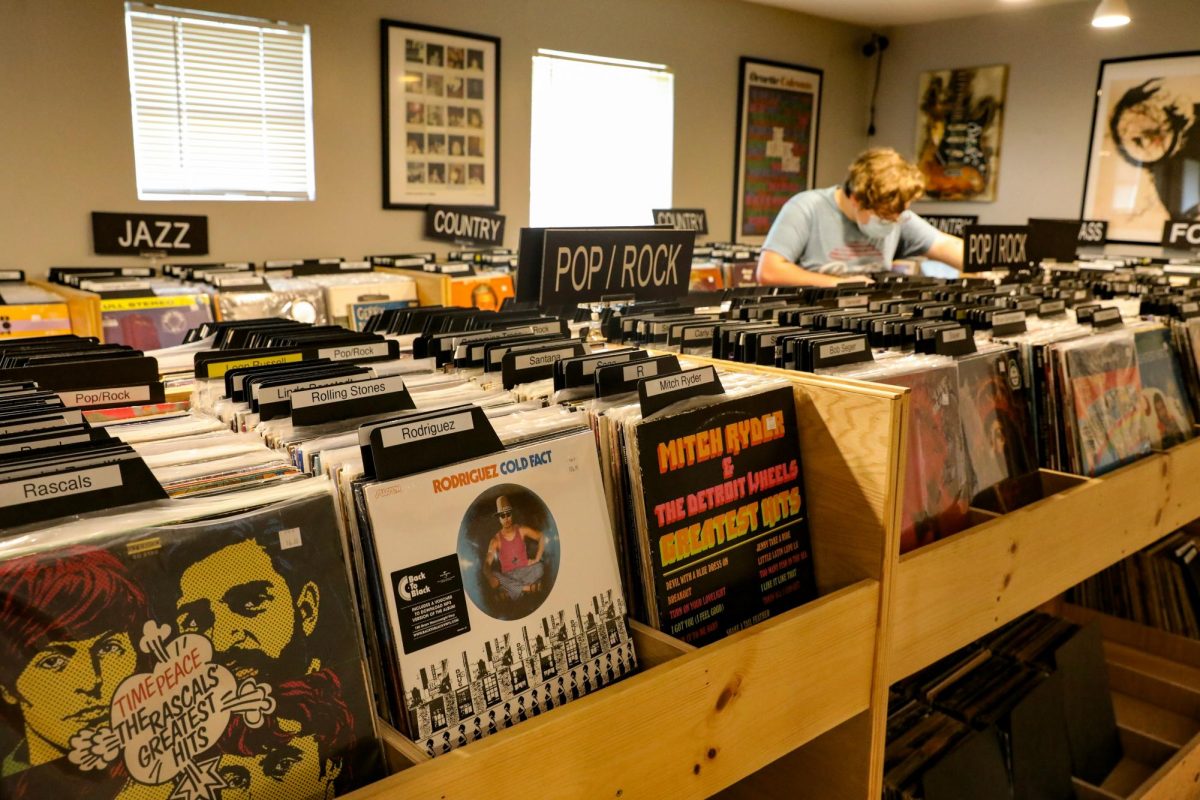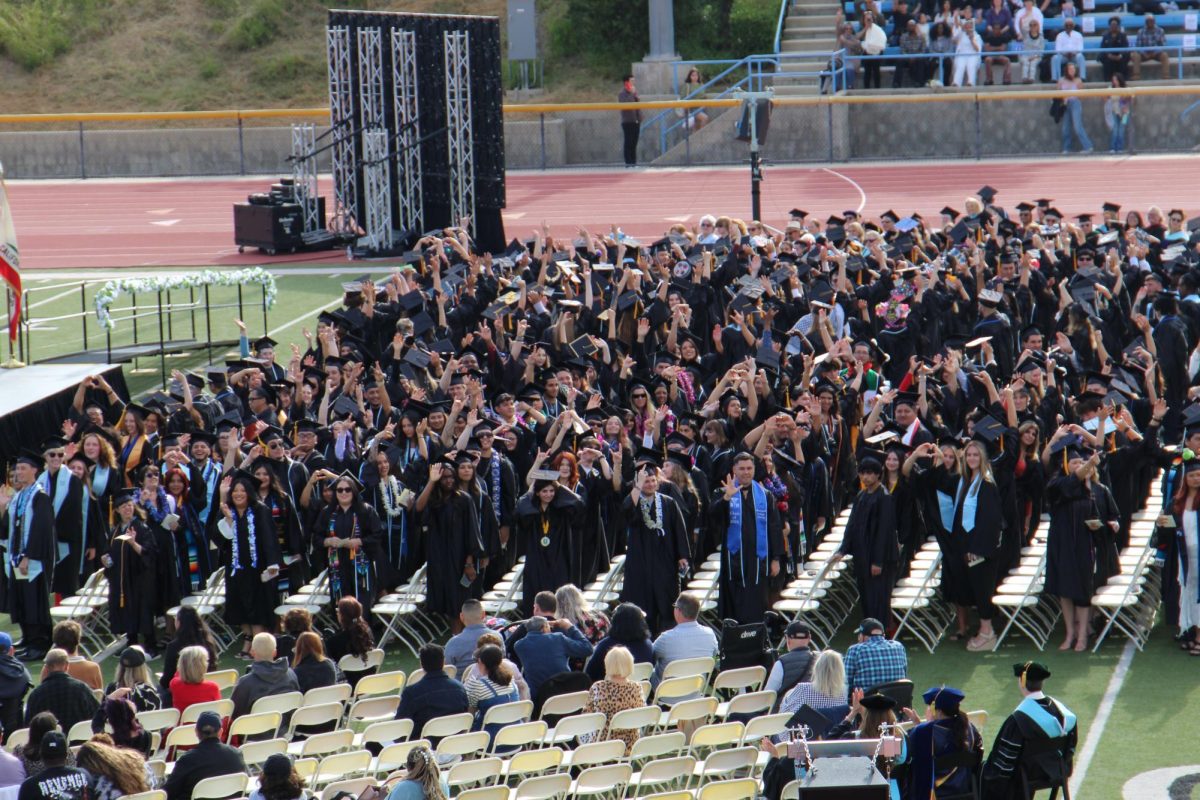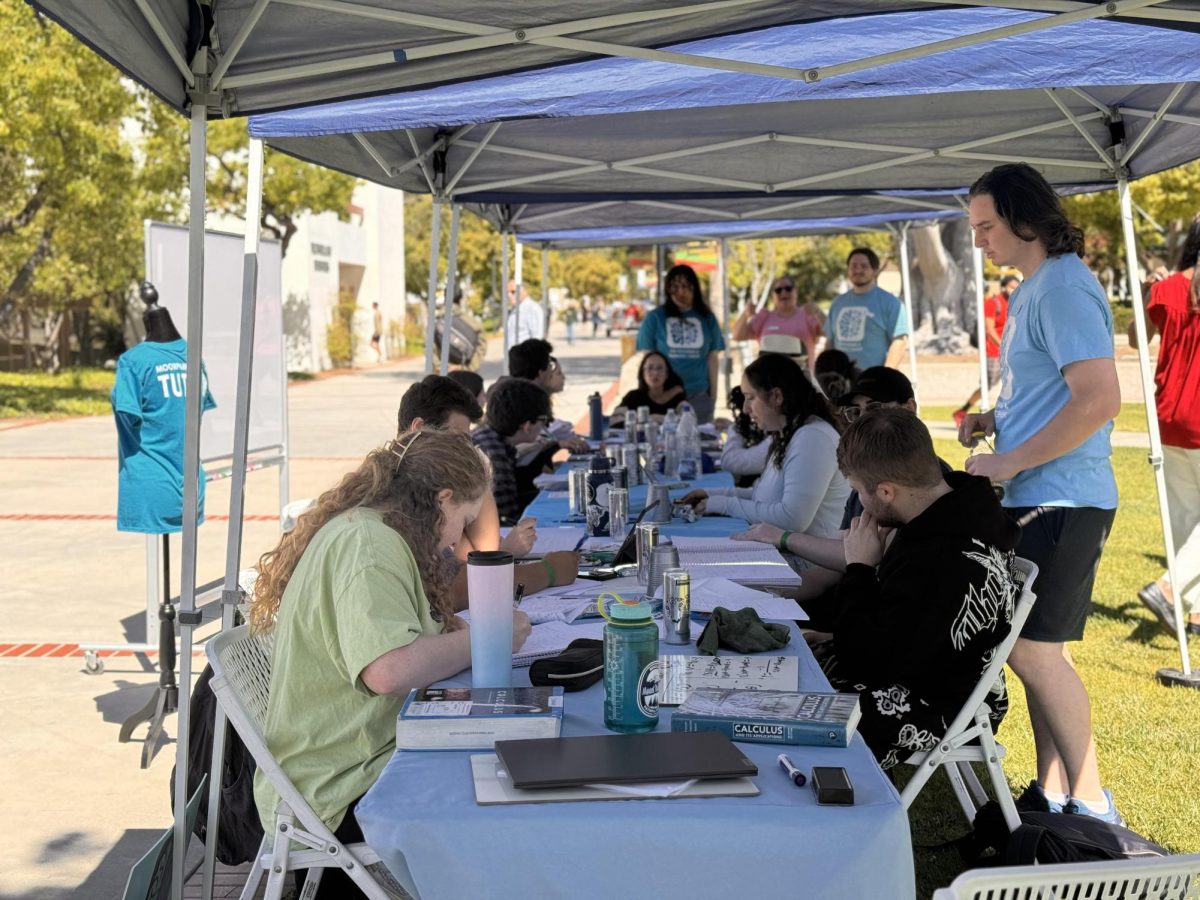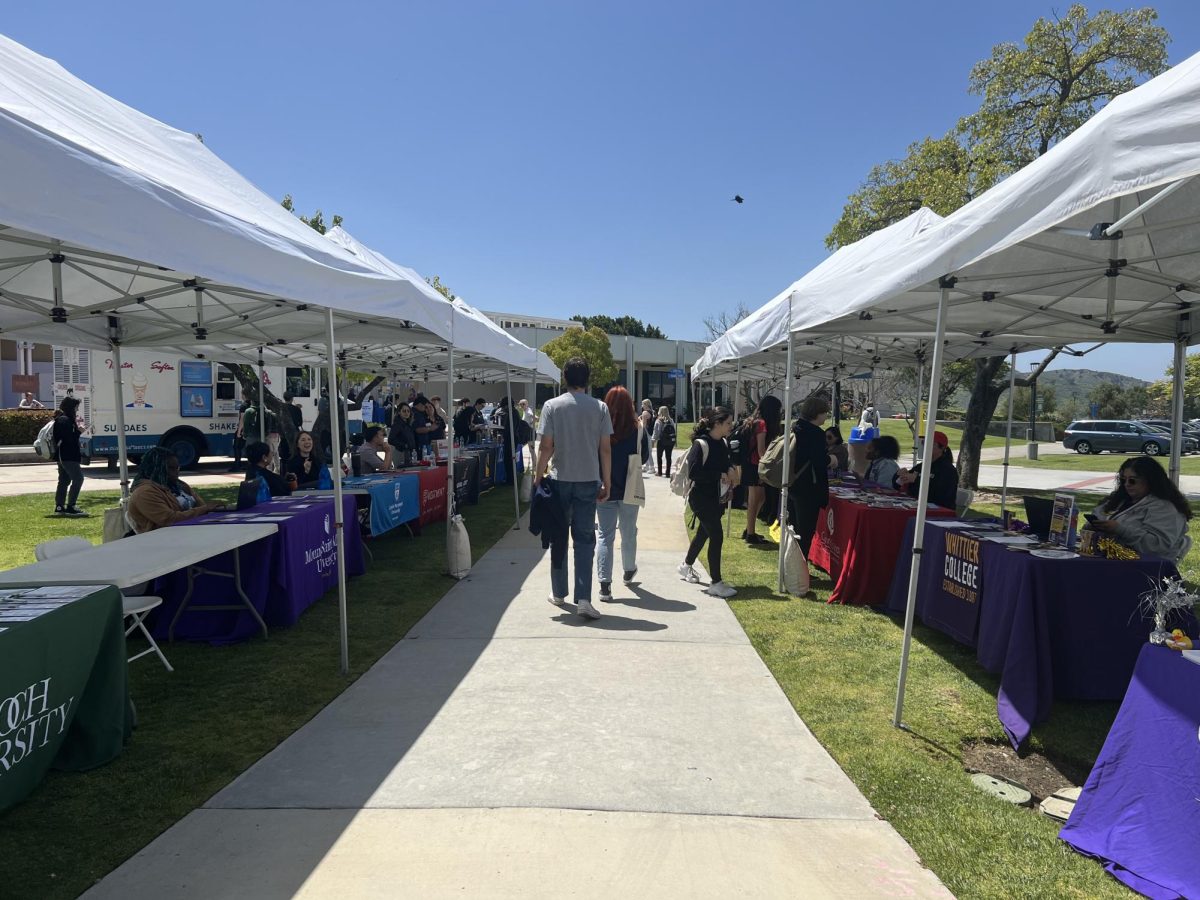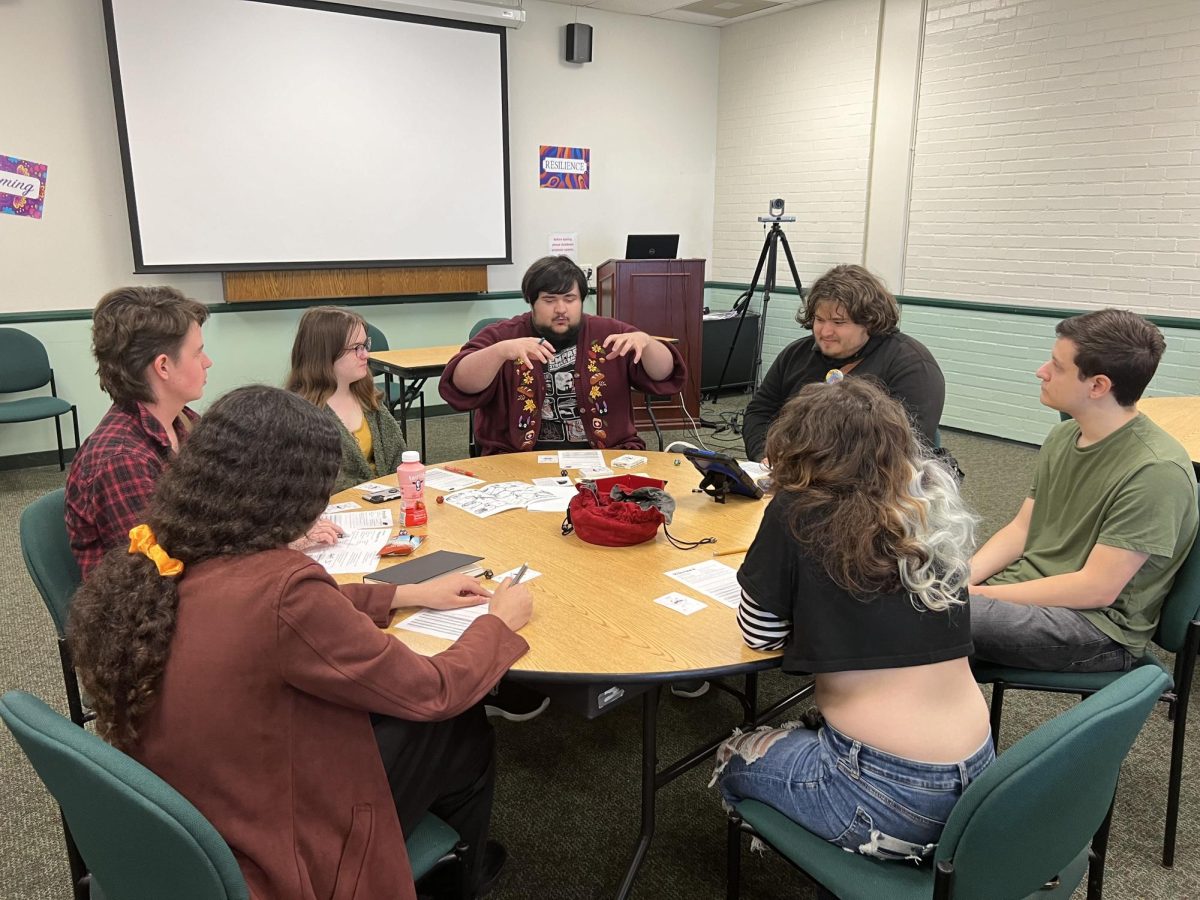On Sept. 24, 2023, the Writers Guild of America announced an end to their nearly five-month-long strike. The WGA has struck a tentative deal with the Alliance of Motion Picture and Television Producers, an organization that represents major television networks and streamers.
The Writers Guild of America unionized in 1954 to negotiate industrywide agreements that represented all film and television writers. Since then, the group has campaigned for fair pay and better treatment of writers.
The WGA Union Negotiating Committee released a promising update to members of the organization on Sept. 24, 2023, outlining a tentative agreement from all parties. This accord is a proposed mutual agreement that has not yet been ratified by both parties.
“What we have won in this contract—most particularly, everything we have gained since May 2nd—is due to the willingness of this membership to exercise its power, to demonstrate its solidarity, to walk side-by-side, to endure the pain and uncertainty of the past 146 days.”
According to CBS Los Angeles, the deal is set to last three years and includes a 12.5% overall pay increase with 5% upon ratification of the contract. Writers are guaranteed to see a 4% to 3.5% increase in salary for the respective following years.
The WGA also secured a 75% increase in foreign streaming residuals, along with pay that is determined by viewers. This allows writers to get compensation for their work being streamed online services such as Netflix or Disney+. Also, if their show becomes more popular on those respective platforms, their income will increase accordingly.
Data on viewership is set to be released to writers. This data substantiates the increase in popularity of shows or movies, so writers can advocate for increased pay. The number of hours streamed domestically and internationally will be released to writers and studios only.
Regarding AI, writers cannot be replaced by AI voices because AI takes different published works from authors to create a “new” piece of media, therefore discrediting the original author’s work.
With this deal, studios are allowed to use AI to enhance writers, but production studios cannot use AI to entirely replace writers. If studios do choose to use AI work, they must inform their writers that they are doing so.
Nicole Block and Cande Larson, Film, Television & Media Arts professors at Moorpark College, gave statements about the WGA strike and the importance of unions for students entering the field.
“Unions are fighting for students’ rights to make sure that more opportunities are available for the students and more jobs for writers,” Block stated. “The WGA was fighting for bigger writers’ rooms since usually only three people are hired to write a whole series. They are fighting today for the future of opportunities for student writers tomorrow”
Professor Larson added that this deal will open the doors for more diversity within writers’ rooms everywhere.
“More jobs are really important, because the larger the room, the more diverse it can be without just having all white males, which can give more opinions [and] perspective, which is much better than just having one economic class or one gender,” Larson stated.
Another problem the WGA worked to address is writers not being allowed on set, or studios intentionally understaffing.
Understaffing has affected many people who work in the industry, such as the employees who used to work on the now empty stages and sets.
One chief lighting technician of International Alliance of Theatrical Stage Employees Local 728 James McClure was left searching for jobs since most television and movie productions were paused due to the strike.
“All TV shows and movies shut down so those weren’t options to work, and it flooded the market with other gaffers, so event commercials weren’t opportunities anymore; there wasn’t many jobs to go around,” McClure stated. “Many people were forced to work jobs at lower rates/positions because work was desperate.”
When asked if the end of the WGA strike will allow for more opportunities, McClure shared that most production staff is still out of work due to the ongoing SAG/AFTRA strike.
“Not yet, because a lot of the shows aren’t back due to the SAG/AFTRA strike, so a lot of shows can’t be green-lit and TV shows have not come back; so we are still in a holding pattern which caused people like me to think outside of the box and accept jobs at lower positions and rates,” McClure said. “There were some TV shows that were not part of the strikes like ‘The Masked Singer,’ which is where I work now.”
The agreement between the WGA and AMPTP holds the potential to end the mistreatment of industry writers. But, without the end of the SAG/AFTRA strike and the agreement still in its early stages, the future will tell how much change really has been made.







